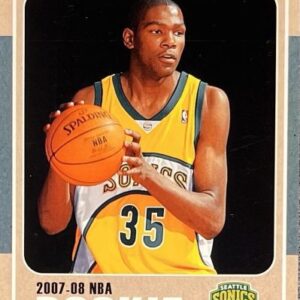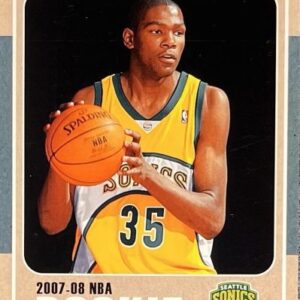A swirl of collectible chaos has descended upon the otherwise staid world of rare sports memorabilia, after Memory Lane Inc., a prominent California auction house, pointed an accusatory finger at Best Western International. In a twist of events worthy of a noir thriller, Memory Lane has pursued a lawsuit seeking a jaw-dropping $2 million in damages from the hotel chain, following the disappearance of a package containing highly coveted vintage baseball cards from its premises in Strongsville, Ohio.
The precious cargo, entrusted to the ever-reliable FedEx, included 54 rare cards graced by the gods of the diamond, featuring Hall of Fame heroes and two particularly radiant stars: a 1909 Ramly Walter Johnson and a 1941 Ted Williams, boasting a combined value of nearly $90,000. These weren’t mere slivers of cardboard, but rather prized artifacts intended to delight collectors and connoisseurs of athletic ephemera.
Ah, the intrigue! FedEx confidently confirmed the delivery was received at the Best Western Plus, yet when a Memory Lane emissary arrived to claim the treasures, lo and behold, the package had evaporated into the ether. A deep-dive investigation revealed that a conniving hotel staffer, Jacob Paxton, had masterminded the scheme, diverting the loot with the help of an accomplice, the infamous Jason Bowling. Though law enforcement managed to recover a staggering 52 of the missing cards, the crown jewels—the Johnson and Williams—remain as elusive as a balanced budget.
With Paxton now residing in the not-so-cozy confines of a prison cell for the next four to six years, and Bowling subject to community supervision, Memory Lane has opted to raise the stakes by filing a civil lawsuit in July 2025 against Best Western International and its local franchise operators. The complaint is as pointed as a ballpark pretzel, alleging negligence in hiring and oversight, effectively accusing the hotel of failing its fiduciary duty by entrusting its guest property to unqualified hands.
In a business where trust and reputation are as crucial as the cards themselves, this theft isn’t merely a financial blow; it’s a potential tarnish upon the proverbial gleam of Memory Lane’s standing. The company’s lawsuit against a conglomerate with global reach and deep pockets isn’t just about restitution—it’s a clarion call for accountability within the intersection of hospitality and high-value collectibles.
The case also serves as a sobering emblem of a larger trend plaguing the hobby: a troubling uptick in sophisticated heists targeting valuable sports memorabilia. The National Sports Collectors Convention, a cherished gathering for enthusiasts, has found itself in the crosshairs of progressively cunning thieves. Among the boldest thefts were a 1951 Bowman Mickey Mantle rookie card and a 1986 Fleer Michael Jordan rookie card snatched in 2025, both pursued despite intensified security measures. It seems the aspirational children of yesteryear, who once swabbed for a Sultan of Swat card with bubblegum smudged fingers, have grown into sophisticated outlaws.
With the market for trading cards soaring to atmospheric heights, their vulnerability has proportionately increased. Dealers and collectors find themselves investing not just in swanky cards but in a veritable Fort Knox of security measures—locked cases, omniscient cameras, and iron-clad insurance coverage—just to safeguard their collections during transit and shows. The risk is a calculated ghost haunting the fringes of a booming market.
The implications of the Best Western lawsuit are poised to reverberate through the industry and beyond. Should Memory Lane prevail, it could set a precedent of heightened vigilance and accountability, influencing how hotels and their shipping partners manage high-value shipments far beyond sports cards.
Meanwhile, a clarion message rings out amidst the clattering echo of a courtroom hammer: the safety measures allocated to mint-condition cardboard should rival those granted to fine art or state-regalia worthy jewelry. For hobbyists, this case underscores a poignant irony—the nostalgic innocence of card collecting now encircled by a sphere of security fit for masters of the heist.
As the Best Western lawsuit unfolds, one cannot help but marvel at the unearthed complexities of a world where cardboard rectangles hold sway over fortunes, reputations, and the very fabric of trust that binds collectors’ hearts to their treasures. Like an exquisite oil painting encased in a glossy display, the memory of the stolen cards lingers—awaiting a resolution as captivating and undeniable as a Babe Ruth homer soaring toward the bleachers.





